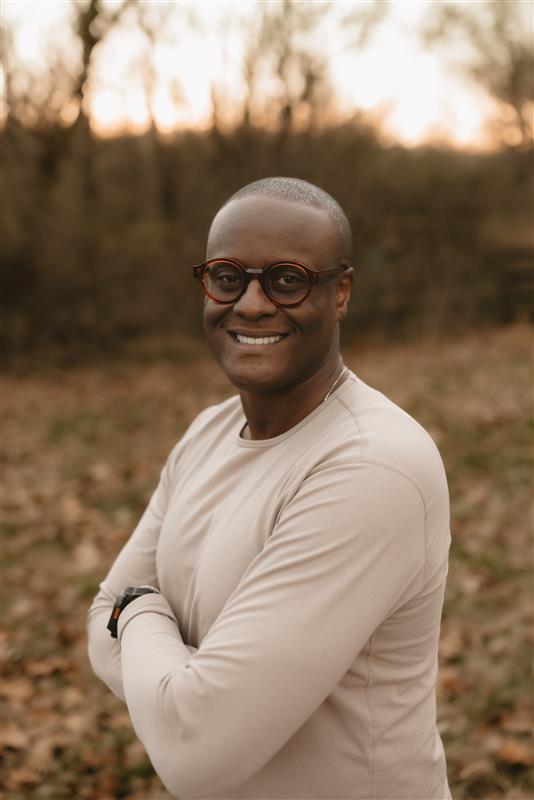Welcome to Digital Dialogues, a series spotlighting the people shaping the future of digital savings groups. In each Q&A, we explore the ideas, motivations, and lessons behind inclusive finance—where innovation meets community.
This edition features Eric Kaduru—Sr. Technical Advisor at CARE, agripreneur, and DSG Hub Advisory Board member. From launching social enterprises in Uganda to advancing tech-enabled finance, Eric shares his bold vision for how digital tools and community trust can grow together.
⚡ Lightning Round with Eric
This or that
- Rural or urban innovation? – Rural
- Paper records or digital apps? –Digital
- Inbox zero or organized chaos? – Absolutely ZERO!
- Street food or sit-down restaurant? – Sit down restaurant (but country specific)
- Optimist or realist? – Optimist
- Early mornings or late nights? – Early morning
Complete the Sentence:
- “The future of financial inclusion is…” community-driven, data-smart, and built around the realities of women and youth in low-connectivity places.
- “I believe every young entrepreneur should…” learn to listen before they build—real innovation starts with understanding the people you’re trying to serve.
- “One app I can’t live without is…” WhatsApp. It’s not fancy, but it’s the backbone of all my communication across multiple settings from work to personal life. It’s how real work and real conversations happen in the communities I care about.
- “If I could fund one big idea, it would be…” a public digital infrastructure platform that combines identity, financial access, and learning—designed by and for underserved communities.
Short Answers
- Role model: 1000% my mother
- Book recommendation: From Third World to First: The Singapore Story – 1965–2000 (2000)- Lee Kuan Yew.
- Favorite place to think: While riding my bike.
- What keeps you up at night? Innovation, im always thinking about how to change the field.


